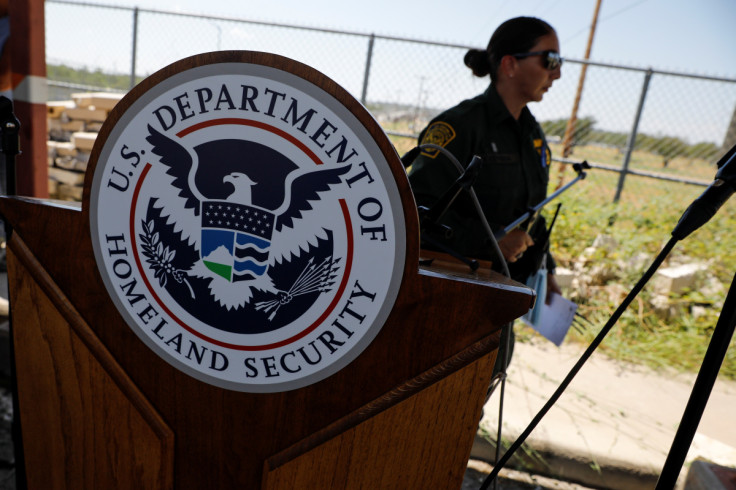
NEW YORK CITY - Nearly 1.2 million of the roughly 21.6 million noncitizen immigrants living in the U.S. are either receiving or eligible for Temporary Protected Status (TPS), a designation that gives them time-limited permission to live and work in the United States and avoid potential deportation, a recently published study by the Pew Research Center shows.
The federal government offers TPS to qualifying immigrants who live in the U.S. and come from selected nations that are deemed unsafe to return to because of war, natural disasters or other crises. Since Biden took office in 2021, TPS designation has been greatly expanded.
Federal immigration officials may grant TPS for up to 18 months based on conditions in immigrants' home countries, and they may repeatedly extend this eligibility if dangerous conditions in those countries persist.
Citizens from five countries in the Americas qualify for TPS at the moment: El Salvador, Haiti, Honduras, Nicaragua and Venezuela. Other countries around the world that fall under this designation include Afghanistan, Cameroon, Ethiopia, Myanmar, Nepal, Somalia, South Sudan, Sudan, Syria, Ukraine and Yemen.
There are beneficiaries of TPS living in all 50 states, according to the Pew Research Center, with the largest numbers living in Florida, Texas, California and New York, states with some of the largest immigrant populations.
But although the Biden Administration has significantly expanded the program, some of these immigrants have been living in the U.S. long before he moved into the White House. In fact, some TPS holders have lived in the country for two decades or more.
For instance, those from Honduras and Nicaragua have been eligible for TPS because of damage from Hurricane Mitch in 1998, provided they had been living in the U.S. since Dec. 30 of that year. Similarly, current protections for immigrants from El Salvador apply to those who have lived in the U.S. since Feb. 13, 2001, following a series of earthquakes that killed more than a thousand people and inflicted widespread damage there.
Venezuela is among the latest to join the list of TPS-eligible countries. The country was first designated in 2021, and has been extended several times since then. The Department of Homeland Security cites the ongoing humanitarian, political and economic crisis in Venezuela as the main reasons for its decisions.
"Under Nicolas Maduro's influence, the country 'has been in the midst of a severe political and economic crisis for several years.'" The Department of Homeland Security wrote in its report explaining its decision to grant Venezuela TPS. "Venezuela's crisis has been marked by a wide range of factors, including: Economic contraction; inflation and hyperinflation; deepening poverty; high levels of unemployment..."

As of March 2024, 472,00 Venezuelans were estimated to be newly eligible for TPS, according to the study.
Biden's expansions also stand in contrast to the Trump administration's efforts to end TPS for nearly all its beneficiaries.
The study comes amid increased pressure from human rights organizations urging the Biden administration to rethink its treatment of Haitian migrants trying to flee Haiti or currently living undocumented inside the U.S. So far, there are no plans to change course, NBC News reports.
"If the United States cannot keep its personnel safe in Haiti, then the Haitian government is unlikely to keep Haitian nationals safe," said a letter sent to Biden, signed by more than 480 human rights organizations, asking for a new designation of TPS that would let more Haitian migrants already living in the U.S. to remain in the country.
© 2024 Latin Times. All rights reserved. Do not reproduce without permission.







